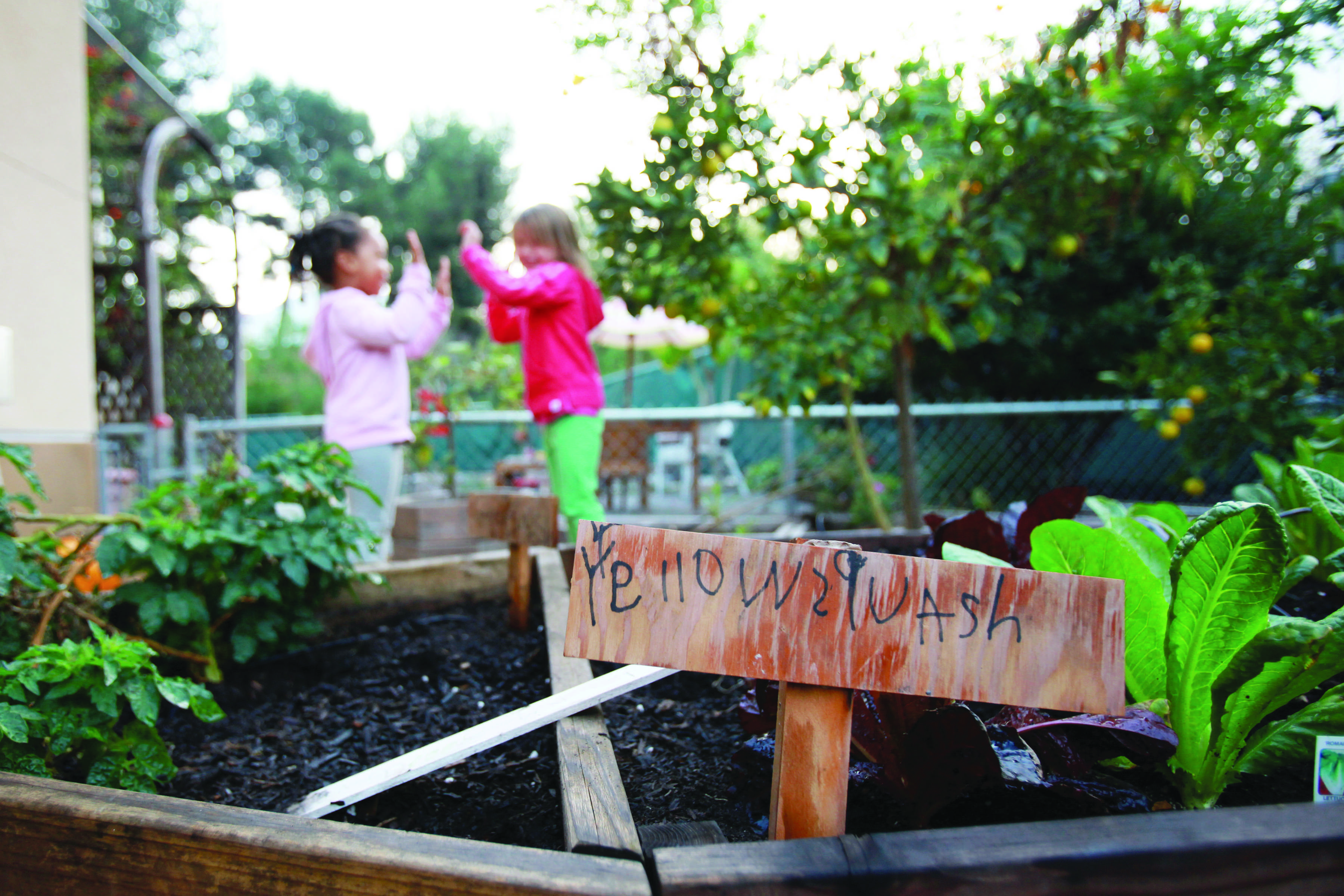
Earlier this month, San Diego Gas & Electric, a regulated public utility providing energy service to 3.4 million consumers in San Diego, awarded the San Diego State Children’s Center with grant money as part of its 2012 Environmental Champions Initiative.
The SDSU Children’s Center, a child care service provided by SDSU’s Associated Students located on the outskirts of campus, is an educational environment that partners with families, students, faculty and staff of the SDSU community to foster growth and promote lifelong learning for children.
Through the month of July, SDG&E solicited proposals for programs “that engage and educate young people in the community as stewards of the environment in the areas of ecosystem awareness, environmental conservation, and energy and water efficiency,” according to a company statement.
The grant application showed clear preference would be given to programs that focus on natural resource conservation or protection, habitat preservation and restoration or waste and recycling in the San Diego area. In collaboration with A.S. Green Love Sustainability Advisory Board, the SDSU Children’s Center submitted “The Waste to Food Composting” proposal, in hopes of receiving the grant money.
“The Waste to Food Composting” is an initiative to compost pre-consumer and post-consumer food waste such as compostable plates, bowls, cups and napkins into nutrient-rich organic matter. The initiative, which was started by the A.S. Green Love Sustainability Advisory Board, began in hopes to use that organic matter to fertilize the organic gardens at the A.S. Children’s Center.
“This grant will support the purchase of an O2 composting unit and compostable tableware for the center to use when they aren’t using their regular dishes. The program also provides environmental education, bringing awareness to issues surrounding the reduction of food waste and composting,” A.S. Sustainability Comissioner Morgan Chan said.
“Composting is an important aspect to sustainability because it addresses waste management and consumption. It forces consumers to rethink their purchasing decisions and to think about where the things they buy and consume will eventually end up,” Chan said. “For many people there are two places for things they no longer wish to keep: in the trash can or the recycling bin. Recycling is an important aspect to sustainability but it’s just the first step.”
Chan says composting is the next step our community can make toward better sustainability and the SDSU Children’s Center is leading the way of this movement with The Waste to Food program. The program will turn food waste into compost that will be used in gardens producing more food for the children and staff at the Children’s Center.







